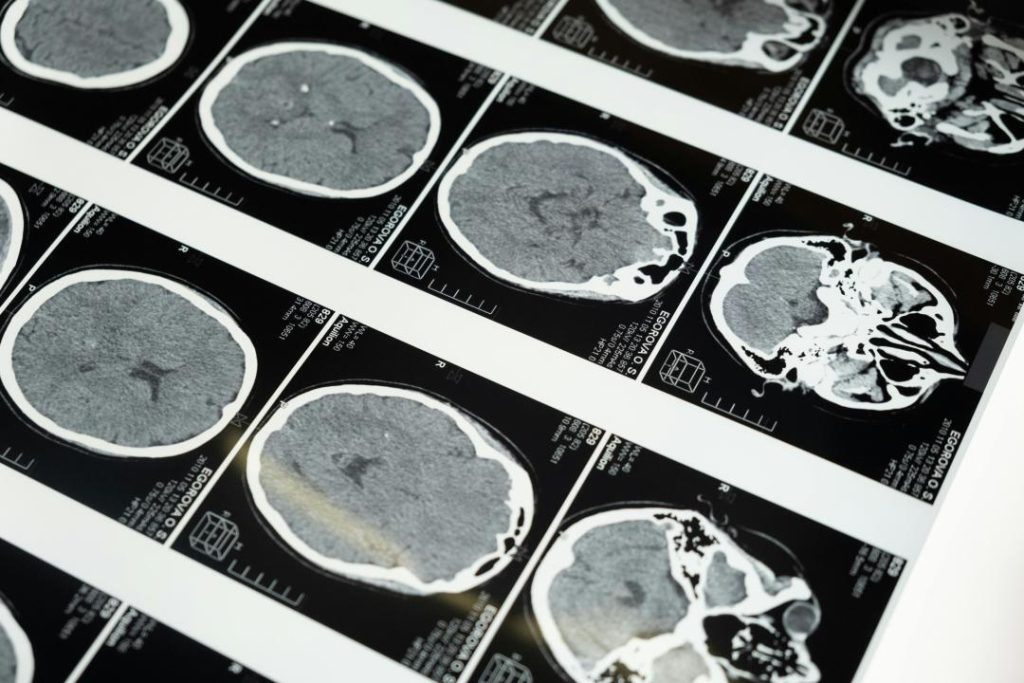
Can Creatine Help After a Brain Injury?
When it comes to improving physical performance, creatine is a well-known supplement that has been used by athletes for years. However, recent studies have sparked interest in the potential benefits of creatine for brain health, particularly in the context of traumatic brain injuries (TBIs). The idea that creatine might be able to help support brain recovery after a head injury may seem far-fetched, but the science is starting to back it up.
How Creatine Works in the Brain
Creatine is a naturally occurring substance found in muscle tissue, which plays a crucial role in providing energy for short-duration, high-intensity activities. In the brain, creatine works similarly, helping to fuel neurons and support cognitive function.
When a brain injury occurs, the damage can disrupt the normal functioning of brain cells, leading to a range of symptoms including confusion, memory loss, and difficulty concentrating. One of the main challenges in treating TBIs is that the brain’s energy demand increases in response to injury, making it difficult for damaged cells to recover.
That’s where creatine comes in. By supplementing with creatine, researchers believe that it may be possible to boost the energy levels of brain cells, potentially reducing the damage caused by a TBI and speeding up the healing process.
Early Results Look Promising
A recent study published in the Journal of the International Neuropsychological Society found that creatine supplementation improved cognitive function and reduced symptoms of depression in patients with chronic traumatic brain injury (CTBI). Another study published in the journal Neurology found that creatine supplementation after a TBI reduced the risk of long-term cognitive impairment.
While these findings are promising, it’s essential to note that both studies were small and had limited sample sizes. More research is needed to fully understand the benefits and limitations of creatine supplementation for TBI treatment.
How Creatine May Help with TBI
So, how exactly does creatine help with TBI? Here are a few potential mechanisms:
- Energy Boost: Creatine helps to replenish the energy stores of brain cells, which can become depleted after a TBI. By increasing energy levels, creatine may help to reduce the damage caused by a TBI and support the recovery process.
- Neuroprotection: Creatine has been shown to have neuroprotective properties, which may help to reduce the risk of secondary brain damage after a TBI. Secondary brain damage occurs when the brain is injured, and the subsequent inflammation and oxidative stress can worsen the damage.
- Cellular Signaling: Creatine may also play a role in cellular signaling pathways, which are critical for regulating the activity of brain cells. By modulating these pathways, creatine may help to improve cognitive function and reduce symptoms of TBI.
What the Experts Say
While the early results are promising, experts caution that more research is needed before creatine becomes a standard part of TBI treatment plans. Dr. Jonathan White, a neurologist at the University of California, San Francisco, notes that “while creatine shows promise, we need more data to understand its effects on different types of brain injuries.”
Dr. White also emphasizes the importance of considering individual factors, such as age, gender, and pre-existing medical conditions, when evaluating the potential benefits and risks of creatine supplementation for TBI.
Conclusion
Creatine, a supplement commonly used to boost muscle strength, may also have a role to play in supporting brain recovery after a head injury. While early results are promising, more research is needed to fully understand the benefits and limitations of creatine supplementation for TBI treatment.
If you or a loved one has suffered a TBI, it’s essential to consult with a healthcare professional to discuss the best course of treatment. While creatine may be a potential adjunct therapy, it’s not a replacement for standard medical care.
Source:
https://thepfc.club/blogs/news/can-creatine-help-with-traumatic-brain-injury-tbi
Note: The article was written by [Your Name], a content writer for [Your Company Name].






